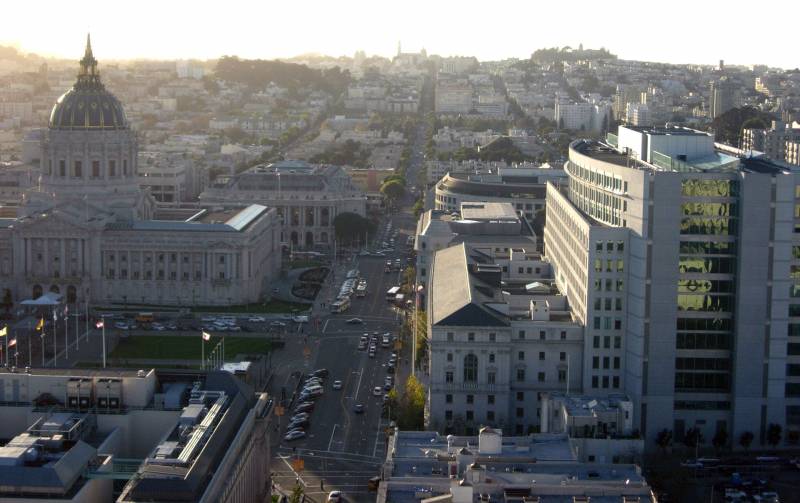State Sen. Scott Wiener introduced the Fair Juries Act on Wednesday, which aims to make jury pools in court trials more racially and socioeconomically diverse by including all state tax filers in those summoned for service.
In California, prospective jurors are currently reached by using Department of Motor Vehicle data and voter registration lists. According to the authors of the bill, these sources skew whiter, wealthier and overall less diverse than California’s overall demographics.
“Our juries now in California are wealthier and whiter than California residents as a whole, and certainly wealthier and whiter than most of the people who they are sitting there to judge,” said State Sen. Nancy Skinner, D-Berkeley, who co-authored the bill, in a press conference Wednesday.
